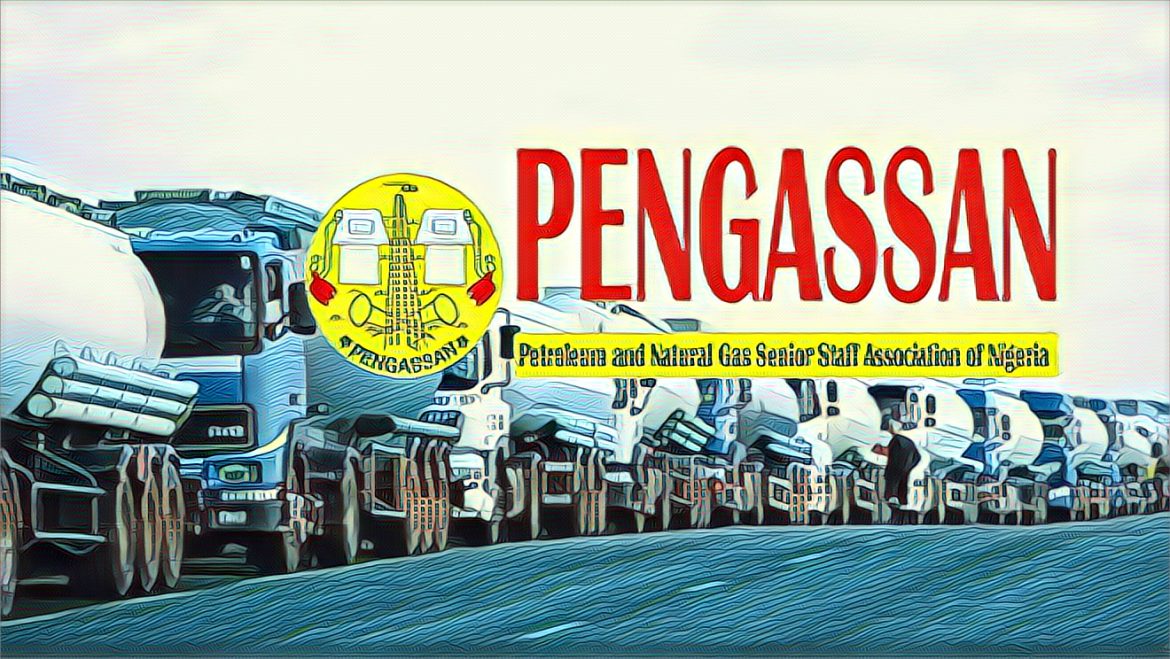The Petroleum and Natural Gas Senior Staff Association of Nigeria (PENGASSAN) has called for a salary benchmark for oil and gas industry professionals.
Festus Osifo, PENGASSAN’s national president, voiced this call at the second PENGASSAN Energy and Labour Summit in Abuja on Monday. The summit focused on ‘Petroleum Downstream Deregulation and Gas Utilisation for a Sustainable Energy Future in Nigeria.’
Citing recent federal government policies, such as the removal of the PMS subsidy and the floatation of the naira-dollar exchange rate, Osifo highlighted the importance of the benchmark.
“These policies have directed most benefits to the government and the oil and gas corporations in the country. We believe our workers’ salary benchmark should align with the trade dynamics of the oil and gas commodity,” Osifo stated.
Drawing attention to global practices, Osifo pointed out Angola’s approach, where the system determines worker salaries in dollars but pays them in the local currency. He proposed this model as a potential shield for Nigerian workers against currency fluctuation challenges.
According to a report by People’s Gazette, Osifo also emphasized that the naira’s recent floatation has further strained workers financially. “We need innovative strategies to counteract the financial losses to workers and to ensure oil corporations don’t reap excessive profits. PENGASSAN stands firm in promoting a balanced benefit distribution across its branches,” he declared.
Mele Kyari, the head of NNPC, recognized the current challenges but also shed light on the positive shifts since the subsidy removal. He observed a renewed vigor in the construction industry as more resources are now available for projects.
Kyari confidently predicted that by 2024, thanks to ongoing policy initiatives, Nigeria will become a net exporter of refined petroleum products. “Refining locally offers numerous advantages, such as job opportunities, increased tax revenue, and a strengthened value chain,” Kyari added.


